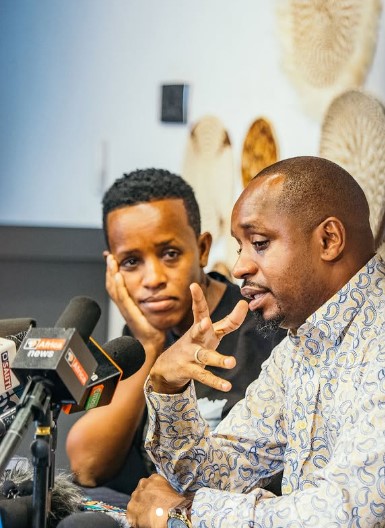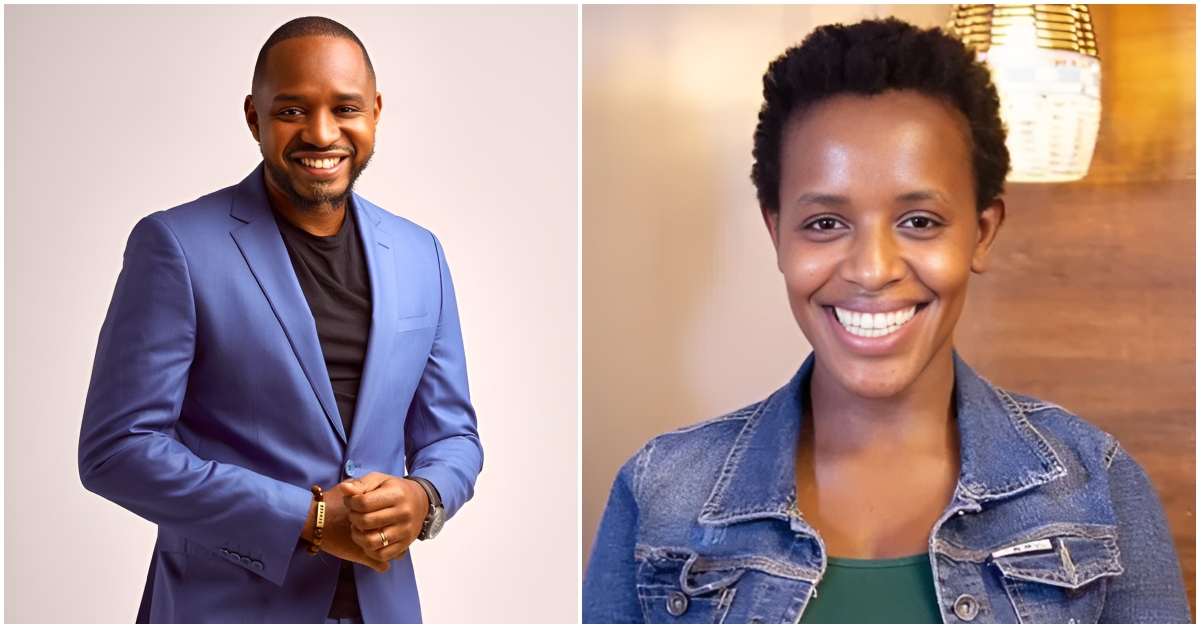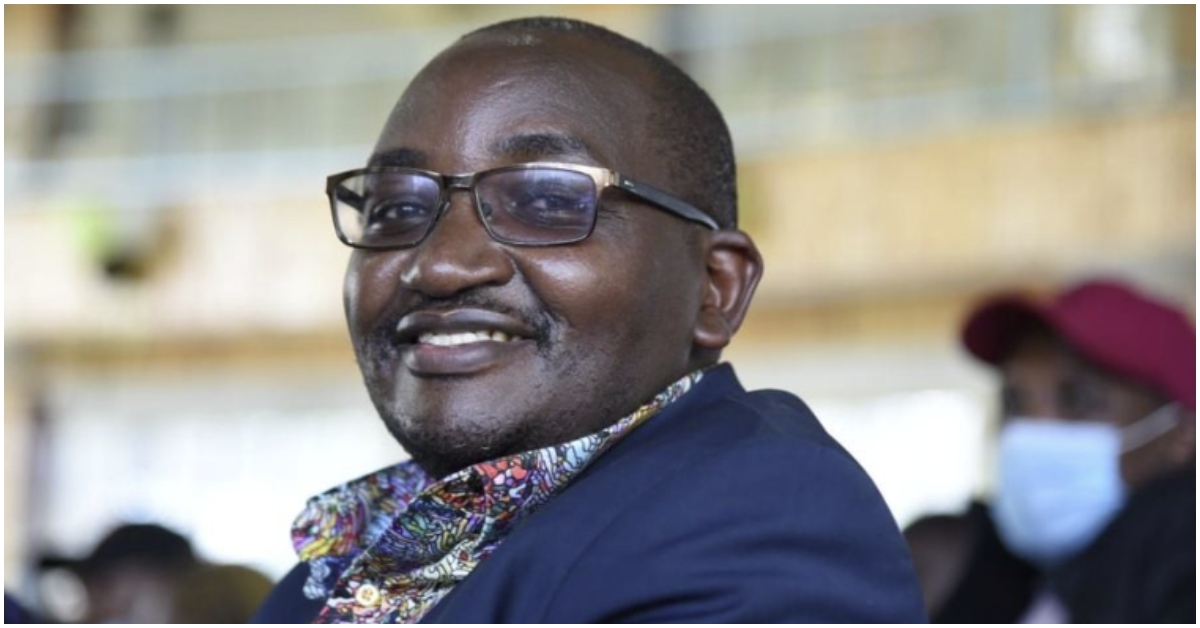Human rights activists Boniface Mwangi and Agather Atuhaire, alongside seven civil society organizations, have taken a bold step—filing a landmark case before the East African Court of Justice, accusing the government of Tanzania of grave and inhumane human rights violations.
Their lawsuit details chilling allegations: enforced disappearance, torture, arbitrary detention, sexual abuse, and unlawful deportation—a harrowing account of how far states can go to silence dissent.
“What happened to us was evil and meant to silence us—but we refused,” Boniface Mwangi declared.

“We’re going to court not just to fight for justice, but to show the world what happened to us in the dark.”
In May, Mwangi and Atuhaire had travelled to Dar es Salaam, Tanzania, to observe the treason trial of opposition leader Tundu Lissu. But what was meant to be a peaceful mission of solidarity turned into a nightmare.
They say they were abducted from their hotel by unidentified individuals, interrogated at immigration offices and police stations, then taken to a secret location, where they were tortured—both physically and sexually abused—before being dumped across the border, Mwangi into Kenya, and Atuhaire into Uganda.
A Regional Demand for Justice
The petition doesn’t stop with Tanzania. The activists are also demanding public apologies and accountability from the governments of Uganda and Kenya, accusing all three of complicity or negligence.
They are seeking:
- A formal public apology from the three states
- Compensation of at least USD 1 million each (approx. Ksh 130 million)
- Rehabilitation and psychological support
Their legal battle is not just personal—it’s symbolic. It represents a stand for all those who have been violated, disappeared, or silenced in East Africa without a voice or platform.
“We’re not just telling our story,” they say. “We’re standing for everyone who has suffered behind closed doors—without justice, without light, without hope.
What Lies Ahead For Boniface Mwangi and Agather Atuhaire
As the case heads to the East African Court of Justice, the eyes of the region—and beyond—will be watching. Not just to see if justice is served, but to ask the deeper question:
Can the truth still stand when power tries to bury it?



